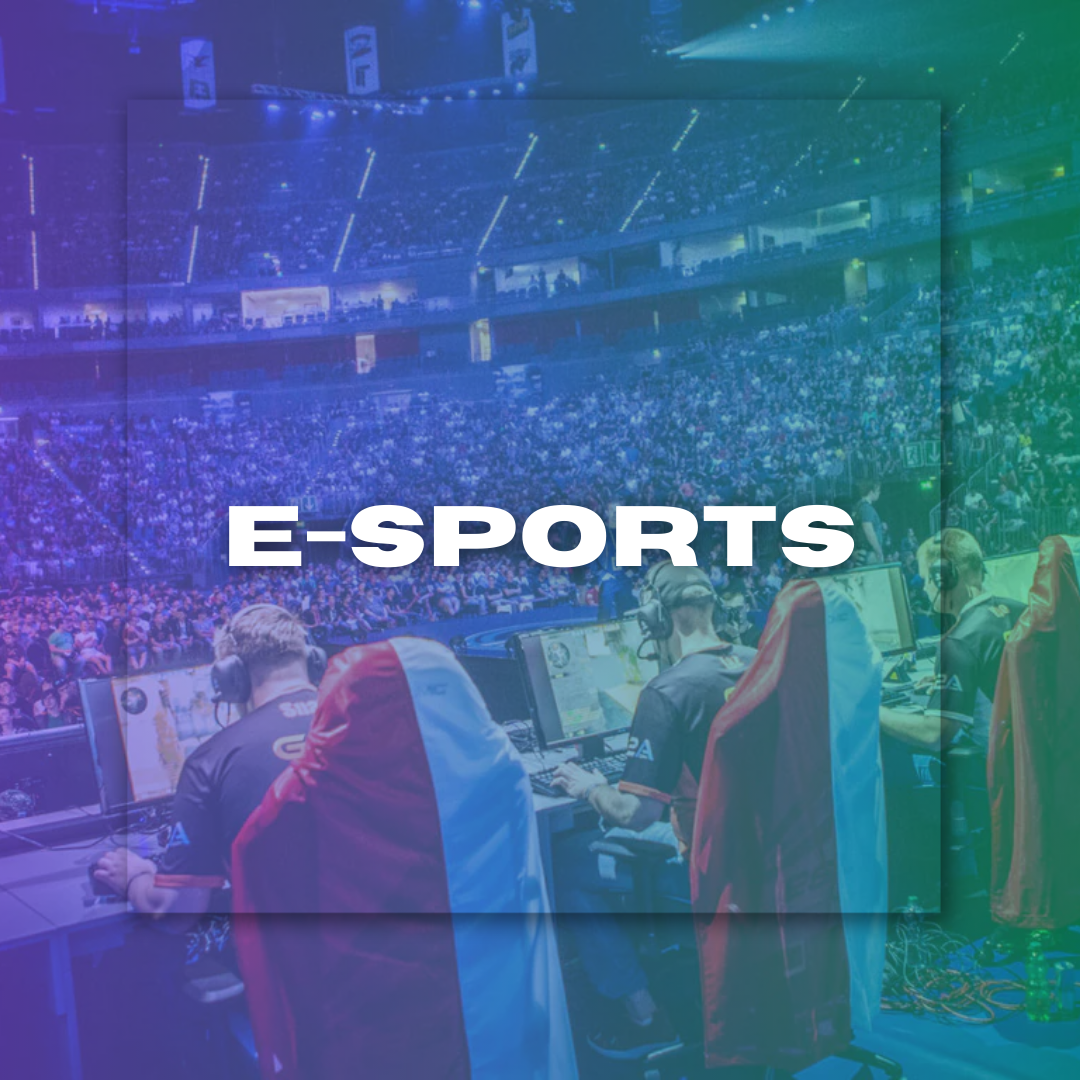
Athlete Activism: The Controversial Voices Shaping Sports Today
Athlete Activism: The Controversial Voices Shaping Sports...
By Fan Arch August 08, 2024 04:48
One of the most impactful occurrences in today's sports is athlete activism, which changes what professional athletics can become a vehicle for social and political discussion. As a movement, these protests remind us of the iconic ones from years ago or smaller stands taken by athletes today, emblematic of an increasing inclination for athletes to use their platforms to influence societal change. In doing so, the article contextualizes what this phenomenon is about by delving into history, analyzing key events and figures that have contributed to its formation, examining different types of activism within it, and discussing controversies and challenges.
The Backlash Against Athlete Activism
Early Examples of Protest
Player activism began in the late 19th and early 20th centuries. One of the earliest cases was in 1883 when Moses Fleetwood Walker became the first African American to play professional baseball. White drivers attempted to banish him from the sport, revealing how racial discord would define racing for years and centuries. Rolling into the 1960s, men like Muhammad Ali and Olympic athletes Tommie Smith & John Carlos were stand-in symbols for a demonstration against racial inequality.
Sports and The Civil Rights Movement
The modern movement of challenging athletes to speak up and out connects with the Civil Rights Movement of the early 1960s. Smith and Carlos gave the Black Power salute at the 1968 Olympics, symbolizing the black struggle for racial equality. The pair received widespread praise for their actions but faced serious repercussions due to disqualification and professional shaming. It was an era in which athletes saw beaches as more than vacation spots and used their influence to push for societal changes, a tradition that lives today among current athletes.
The New Era of Athlete Activism
Key Events and Figures
Several events and figures contributed to the return of athlete activism in recent years. Inspired by the flag protests of NFL quarterback Colin Kaepernick, who knelt during the national anthem to protest police violence and racism in 2016, conversations around race and civil rights again erupted on a national stage. Kaepernick's action incited debates on a national level, with support and backlash from fans to the media, even reaching political figures. His line, "I am not going to stand up and show pride in a flag for a country that oppresses black people," struck many chords with athletes across multiple sports.
The Role of Social Media
Without a doubt, social media has helped boost athlete activism. Such platforms as Twitter and Instagram allow athletes to deal directly with the public, bypassing traditional media filters. Athletes have also used this to engage more directly with their fans on social issues and even organized protests in some cases by aiding a fellow player they think is being unfairly treated.
Forms of Activism
Protests and Boycotts
Protests, boycotts, and public statements are nothing new for athletes engaging in activism. Athletes can cause chaos that disrupts the sociological equilibrium precisely as it should be to point out flaws and mechanisms of social control otherwise hidden.
Declarations and Gestures of Solitude
Athlete activism routinely takes the form of public statements and symbolic gestures. They included wearing Black Lives Matter T-shirts, as players from the Minnesota Lynx and other teams did during warm-ups to show support for a movement many feel could be growing more powerful.
Controversies and Debates
Still, the level of activism is controversial. Supporters argue that athletes have a moral duty as role models and also because of their visibility. They argue that sports can be a microcosm of broader societal issues, and athletes need to use their platforms not only to communicate directly and forthrightly with fans but also as pathways to educating them on important matters.
On the other hand, some say athletes should be paid to play and not speak out on politics. Others see activism as a distraction from sports and exclusionary to fans with different views.
Challenges and Risks
Athletes have a fire to speak out on social and political matters, but doing so also comes with major challenges. If they don't keep it under control, however, the backlash from fans, sponsors, or even team bosses could be career-ending. For example, Kaepernick was blackballed from the NFL after his protest, concluding that any athlete who decides to take a similar stand to Kaepernick to try and bring about social change is either naïve or out of touch with reality.
In addition, the institutional power structures within sports organizations tend to be more profit—and entertainment-driven than supportive of activism, which further complicates matters for socially minded athletes. Leagues and sponsors handle reactions in myriad ways, some supporting athletes' initiatives while others penalizing or restricting their expressions.
Expert and Research Insights
Sport as Culture
Scholars argue that the agency of professional athletes influences social issue narratives by transcending conventional sports codes and tackling societal expectations. The perspective underscores sports, not as entertainment only but as a public space for engagement and activism.
Athlete Activism and Its Effects
Although the direct effects of athlete activism on institutional reforms are constrained, its wider significance is in either focusing attention or raising awareness and public debate. Through their protests, athletes can help highlight the spotlight on social problems and open up broader conversations than just sports.
Athlete activism symbolizes a monumental shift in the role of athletes within society, changing them from mere citizens on-field to powerful symbols for social progress. The controversy and challenges surrounding the movement are clear, but its effects on how it influences discourse around social issues are large. But as athletes wade their way through the intricacies of activism, sports sit before a fork in the road at which meaningful interpersonal exchange and facts-of-life alteration seem more possible than ever. By creating environments where communication is open, and athletes have their voices heard, stakeholders can resolve to ensure that sports remain a powerful force for social justice activism.
LATEST
- NEWS
- |
- ARTICLES
- |
- VIDEOS






















































































